|
R (Small
Washington Tablet)
18. From the Thumb high up new generations of life - offspring (hua) - will come: Hua. 1. Testicle. 2. Figuratively: son, hua tahi, only son; fruits of the earth; to grow well (of fruits). 3. To cause a fight, a quarrel. Hua-ai, generation, as lineage of direct descendents; contemporaries. Huahua, coccyx of bird, 'parson's nose': huahua moa, huahua uha. Huataru, a creeper (Chenopodium ambiguum). Vanaga. 1. The same; ki hua, again, to continue, to strain, to struggle, to move, to repeat, over and above. Mq.: hua, the same, to return, to recommence. 2. To bloom, to sprout; flower, fruit (huaa); huaa tae oko, huaa vahio, young fruit; hua atahi, only son; huahaga, fruit; mei te huahaga o tokoe kopu, the fruit of thy body; tikea huahaga, deceptive appearance. P Pau.: ua, to be born; huahaga, lineage. Mgv.: hua, to produce (said of trees, grain, etc.), blooming time of flowers, abundance of fruit. Mq.: hua, to produce, to bear fruit. Ta.: ua, to sprout. Huahua. 1. Tailless fowl. 2. Vein, tendon, line. 3. Mgv.: huahua, pimples covering the face. Ta.: huahua, id. Mq.: hua, tubercules. Sa.: fuafua, abscess on hand or feet. Ma.: huahua, small pimples. Pau.: Hua-gakau, rupture. Ta.: Šau, entrails. Sa.: ga'au, id. Ma.: ngakau, id. Churchill. 1. Fruit. 2. Egg. 3. Tā hua = 'genealogical writing' or 'same writing'. Fischer.
Down on earth, on the other hand, it was the skulls of dead chiefs which worked: ... Up to the present time, fertility spells for fowls have played an important role. Especially effective were the so-called 'chicken skulls' (puoko moa) - that is, the skulls of dead chiefs, often marked by incisions, that were considered a source of mana. Their task is explained as follows: 'The skulls of the chiefs are for the chicken, so that thousands may be born' (te puoko ariki mo te moa, mo topa o te piere) ... As long as the source of mana is kept in the house, the hens are impregnated (he rei te moa i te uha), they lay eggs (he ne'ine'i te uha i te mamari), and the chicks are hatched (he topa te maanga). After a period of time, the beneficial skull has to be removed, because otherwise the hens become exhausted from laying eggs ...
Pictures, names and numbers were not chosen arbitrarily but after serious considerations. Number 101 (Ra4-18) was perhaps chosen because 101 days after 0h was the place for Sirius - March 21 (80) + 101 = 181 (June 30).
The upraised thumb meant 'let him live' and it was a positive sign. This sign was used by Hevelius at the star π on the right hand of Aquarius - when emptying his calabash of life-giving sweet waters (vai):
Here the Full Moon should ideally be at the Ghost of Jupiter (NGC3242) → Ü:
A week later (101 + 7 = 108) was Ra4-25 and a week earlier (101 - 7 = 96) was the 'dead' (10, -teen) Moa: Moa. Poultry (general term); moa to'a, rooster; moa taga, chicken, moa rikiriki, chick; moa tarapiko, old rooster (with much twisted spurs - tara ); moa gao verapaka, chicken with bald neck; moa va'e verevere, with feathers on its legs; moa pipipipi with multicoloured spots; moa garahurahu, colour of dark ashes; moa tea, white; moa totara, frizzy; moa tu'a ivi raŠ, with bright yellow back. Vanaga. Fowl; moa toa, cock; moa uha, hen; moa ohoa, crowing of cocks; moa manua, wild fowl; moa herea, tame fowl. P Pau.: moa, domestic fowl. Mgv.: moa, cock. Mq.: moa, hen. Ta.: moa, cock, hen. Churchill. Mgv.: Aka-moa, to cook. Mq.: haamoa, id. To.: moa, dried. Ha.: moa, to dry, to roast. Mgv.: Moaga, 1. a red beard. Mq.: moaka, very red. 2. a fish. Mq.: moana, id. Sa.: moaga, id. Ha.: moana, a red fish. Mgv.: Moake, east wind. Ha.: moae, the northeast tradewind. Churchill.
Possibly we should therefore read the text as alluding to the end of June and the beginning of July: ... The Pythagoreans make Phaeton fall into Eridanus, burning part of its water, and glowing still at the time when the Argonauts passed by. Ovid stated that since the fall the Nile hides its sources. Rigveda 9.73.3 says that the Great Varuna has hidden the ocean. The Mahabharata tells in its own style why the 'heavenly Ganga' had to be brought down. At the end of the Golden Age (Krita Yuga) a class of Asura who had fought against the 'gods' hid themselves in the ocean where the gods could not reach them, and planned to overthrow the government. So the gods implored Agastya (Canopus, alpha Carinae = Eridu) for help. The great Rishi did as he was bidden, drank up the water of the ocean, and thus laid bare the enemies, who were then slain by the gods. But now, there was no ocean anymore! Implored by the gods to fill the sea again, the Holy One replied: 'That water in sooth hath been digested by me. Some other expedient, therefore, must be thought of by you, if ye desire to make endeavour to fill the ocean ... However, number 4 (as in line Ra4) was considered as bad luck: ... Interestingly, since another meaning of shi is 'death', the number 4 is considered unlucky. For example, the floor numbering in hotels sometimes jumps mysteriously from 3 to 5; it is also considered unlucky to give four of something as a present ... Therefore a better reading could be to go to the end, viz. to Terminalia in February 23:
... 'You ought to be ashamed of yourself,' said Alice, 'a great girl like you', (she might well say this), 'to go on crying in this way! Stop this moment, I tell you!' But she went on all the same, shedding gallons of tears, until there was a large pool around her, about four inches deep, and reaching half down the hall ... ... after a time she heard a little pattering of feet in the distance, and she hastily dried her eyes to see what was coming. It was the White Rabbit returning splendidly dressed, with a pair of white kid-gloves in one hand and a large fan in the other: he came trotting along in a great hurry, muttering to himself, as he came, 'Oh! The Duchess, the Duchess! Oh! Won't she be savage if I've I've kept her waiting!' ...
|
||||||||||||||||||||||||||||||||||||||||||||||||||||||||||||||||||||||||||||||||||||||||||||||||||||||
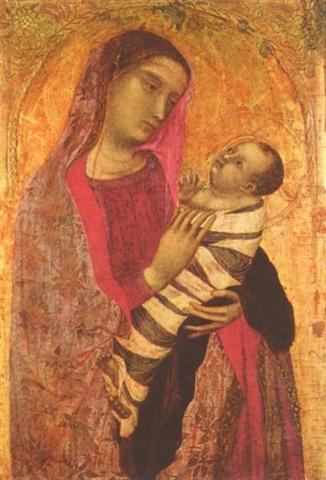








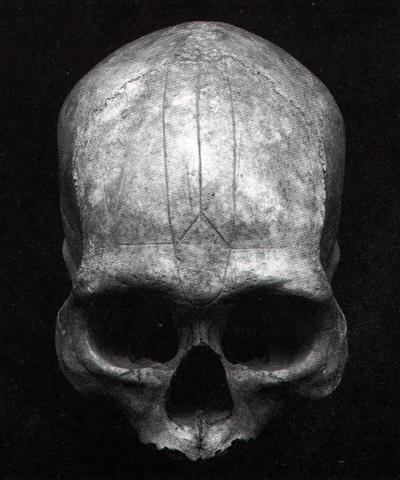
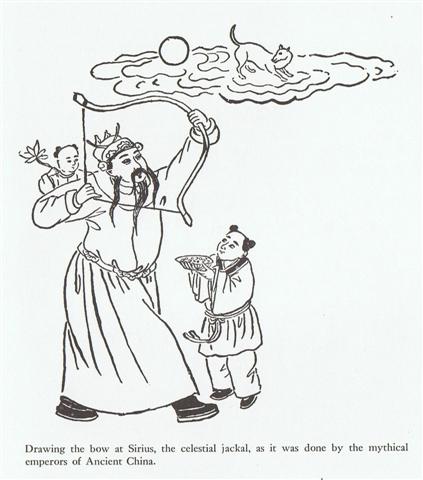
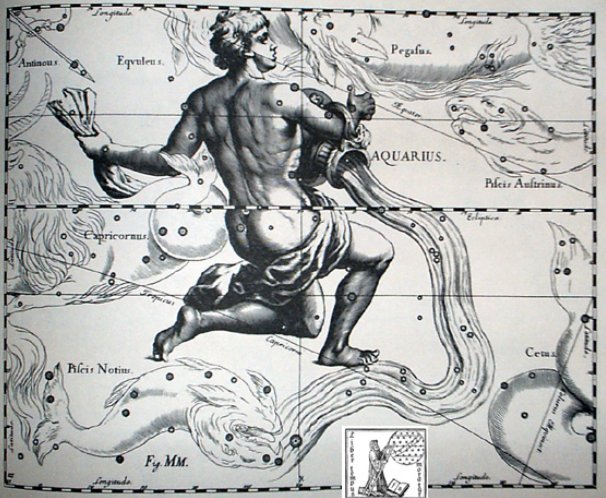
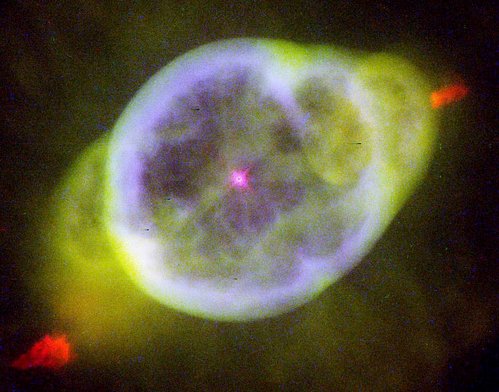


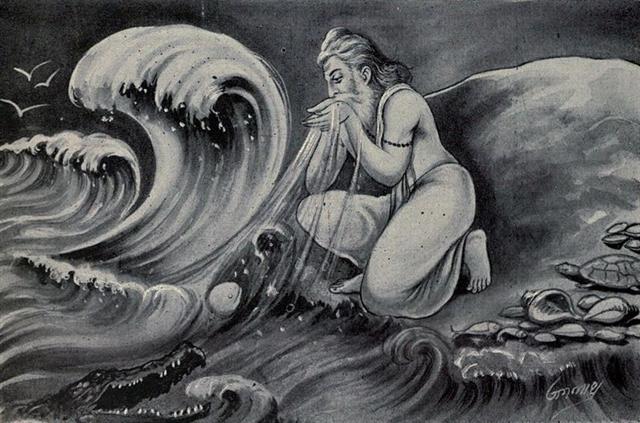
.jpg)